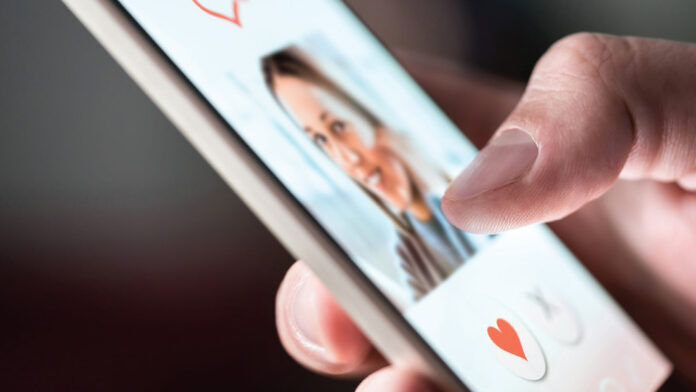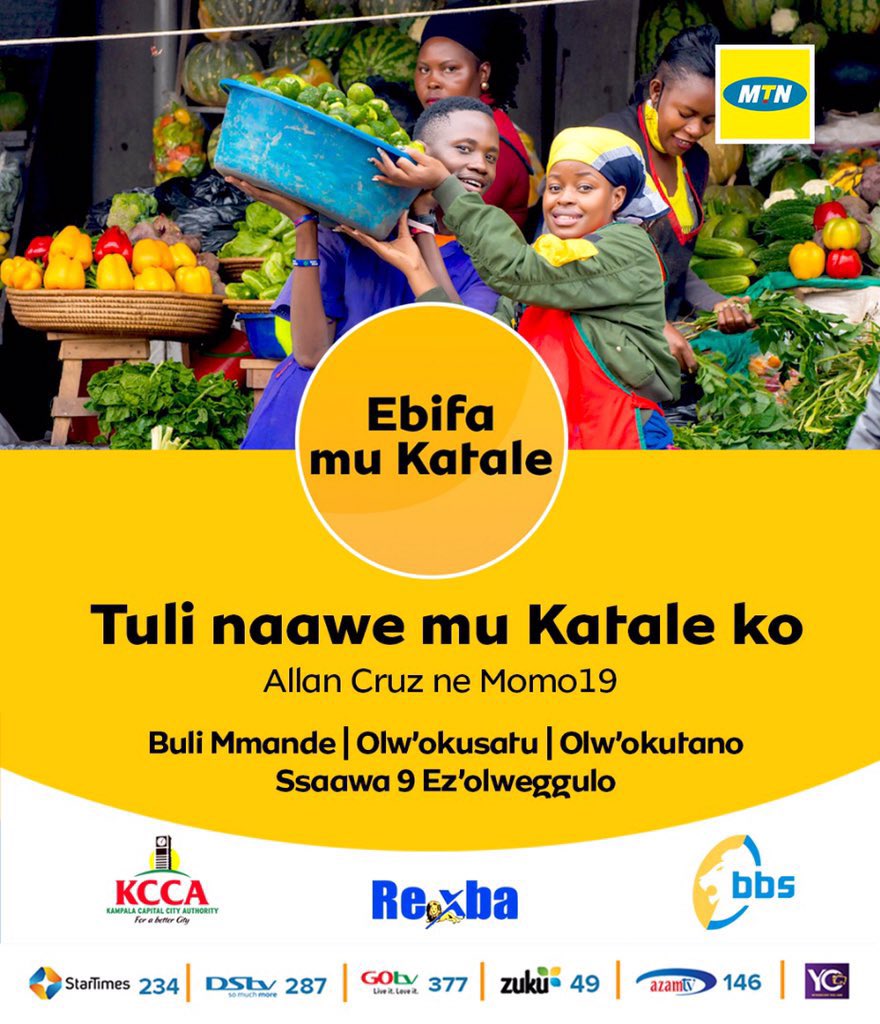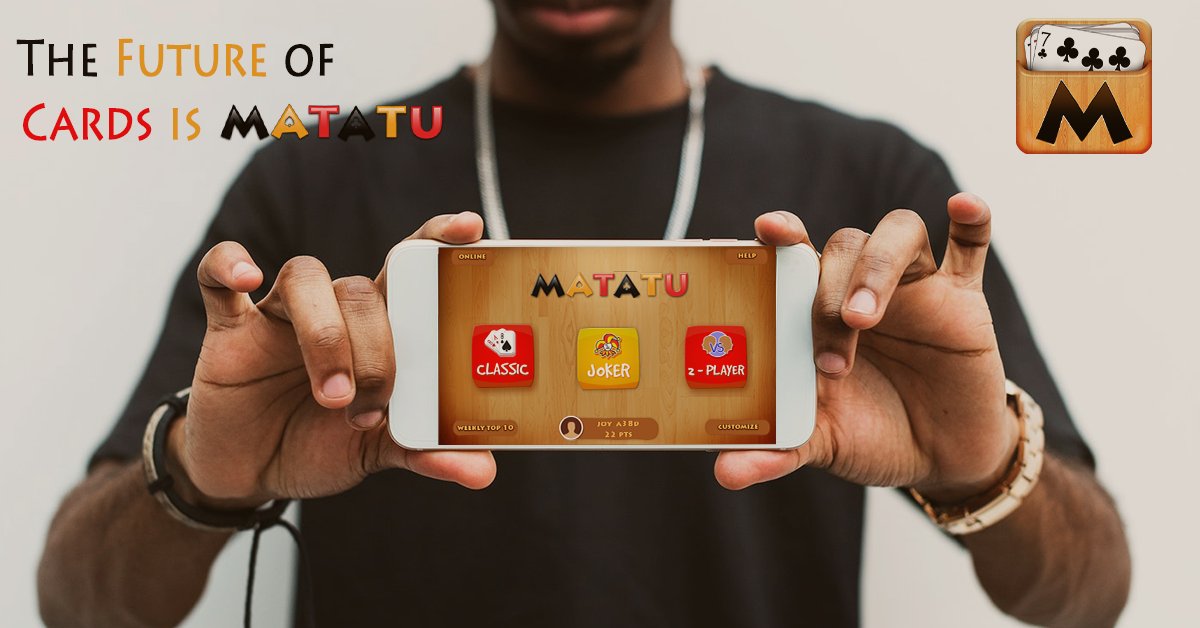JON BIRGER didn’t set out to write a book telling singles to ditch their dating apps. The focus of Make Your Move: The New Science of Dating and Why Women Are in Charge isn’t online dating. It’s flipping the script on dating’s traditional gender roles — rewriting all those archaic “rules” that tell a woman she can’t ask a man out on a date or can’t ask her boyfriend to marry her.
But something else emerged from his interviews with women who had found love by bucking the rules: They hated online dating.
So many women Jon spoke to had these amazing stories that would have gone unwritten had they not quit the apps and found soulmates at work, in church, through friends, or at the dog park. Inspired by their stories, he even added a chapter to the book called The Make Your Move Offline Dating Challenge, a step-by-step plan for finding love in the real world instead of the digital one.
“A Doubter’s Game?”
Mia, a 49-year-old divorcee, was a one of those unhappy app customers. Why? For one thing, she described online dating to Birger as “a doubter’s game.” Mia just assumed most men online were lying to her—about their careers, about their marital status, or about whether they were looking for a hookup or an actual relationship. (According to a Pew Research survey, Mia’s right: 71% of daters report it’s “very common” for people to lie on dating-app profiles.)
Tired of being deceived and taken advantage of, Mia would spend first dates trying to find all the holes in the men’s stories. That didn’t lead to a lot of second dates. Today Mia is engaged to a man whom she met through a close friend. Before her first date, Mia didn’t even bother Googling him. She didn’t have to, she said, because she knew her friend would never set her up with a man who was unkind or untrustworthy. “It’s more of a believer’s game,” Mia said of old-fashioned dating. “I was just more inclined to find the positive.”
Yes, people do find husbands and wives through dating apps. And, no, Jon in the article says he is not opposed to all forms of online dating, especially in COVID times. There are some niche dating apps I like a lot. (He further recommends those in doubt to read his book!)
And, yes, there are valid reasons to use dating apps that have nothing to do with finding a life partner. If you’re using them to find a hookup or a friend with benefits—or even a friend without benefits—by all means, swipe away. But if your goal is to get married, there are better ways to find a life partner than spending 10 hours a week swiping on the apps (which is daters’ average time spent these days).
Breakup Rates
According to Pew Research, 55% of women believe dating is harder today than it was 10 years ago. Two troubling reasons why: 57% of women report experiencing harassment on dating apps, and 19% say they’ve even been threatened with physical violence.
Even when safety is not a concern, research shows it’s harder to fall in like or in love online. A study led by Susan Sprecher, a sociology professor at Illinois State University, found that young men and women who first met face-to-face were 25% more likely to report feelings of closeness than those who first met online.
Breakup rates are higher too. Aditi Paul, a communications professor at Pace University in New York, analyzed the most comprehensive independent dataset on online and offline dating—Stanford University’s “How Couples Meet and Stay Together” survey. In one part of her study, Paul found that relationships involving people who first met in real life lasted four times longer than those of couples who first met online. Why is it harder to find true love on the apps? Human beings evolved as social animals. We bond through shared experience. It’s why jokes always seem funnier with friends than alone. Those shared experiences become part of us—the stories we love to tell and retell to those closest. They become the foundations for deeper emotional connections.
Dating Business Models
The reason finding a soulmate online is so challenging is the same reason nobody ever turns on a computer to find a best friend. It’s not how the human brain is wired.
Another problem with online dating is that the romantic goals of dating-app members are not always aligned with business goals of dating-app operators.
It’s no coincidence that Match, Zoosk, and other dating apps almost never tout the overall efficacy of online dating in their advertising. Bounty claims its paper towels are more absorbent, Chevrolet claims its cars are more reliable, and Verizon says its network is fastest—yet the dating apps never claim to get you married faster versus meeting people the old-fashioned way.
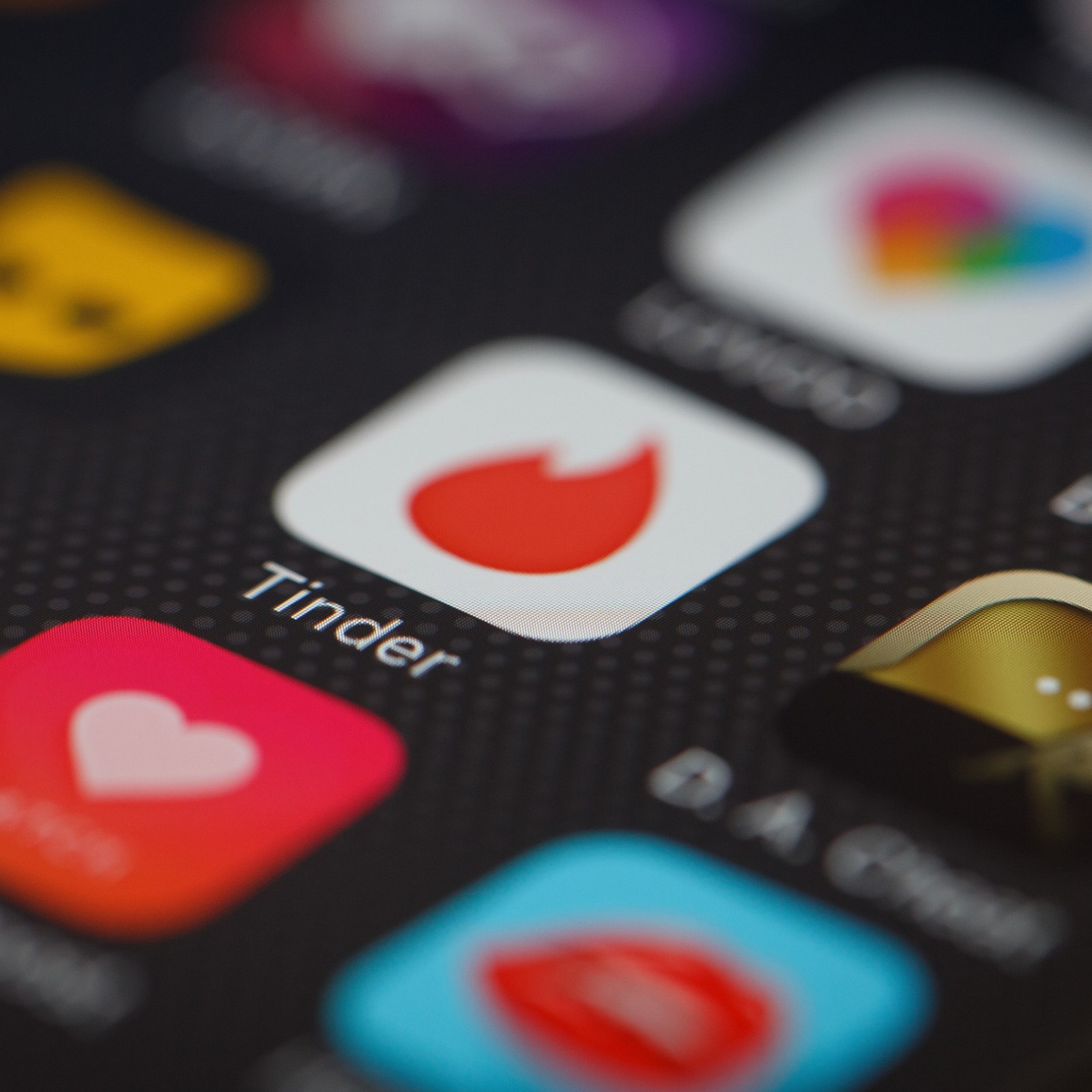
Dating apps do not get rich off your happily-ever-afters. Their business models revolve around growing membership revenues by attracting new customers and by retaining old ones. Some apps like Tinder make money off advertising too. Every time a Match or Tinder member gets married and stops using the apps, that’s one fewer paying customer.
Think Birger was being too cynical? According to 2019 annual report of Match Group, the parent company of Match, Tinder, Hinge, OkCupid and Plenty of Fish. The following is a list of words that do not appear even once in Match Group’s annual report: married, marriage, wedding, couple, boyfriend, girlfriend, spouse, husband and wife. The word partner does appear three times—but only in reference to the company’s business partners.
Tinder, Match and OKCupid do not want to get you off the market. They want to transform you into lifelong shoppers. Match Group admits as much in its annual report, boasting that “successful experiences … drive repeat usage.” Translation: Start dating someone terrific on Tinder, and you’ll keep returning to the app to find someone even more terrific.
If Match Group really wanted to help you get married, they’d focus on connecting you with people you already know from real life. Surveys show, for example, that couples who meet at work marry at a very high rate—as high as 30%.
Social Situations
Given the complications surrounding workplace dating, and COVID of course, wouldn’t it be great if there were an app that revealed mutual attraction between co-workers before anyone risked getting sent to HR?
Connecting singles within the same social sphere was, in fact, Hinge’s business model back before it was acquired by Match Group. In Hinge’s early days, users needed to be friends or friends-of-friends with one another on Facebook before the Hinge app would ever match them. Hinge’s Facebook requirement paid off romantically for its users: According to Bustle, Hinge was the most mentioned dating app in The New York Times wedding section in 2017. But then in June 2018—which was the same month Match Group acquired a majority stake in Hinge—Hinge announced it was eliminating the Facebook requirement and adopting a more open-ended model.
Something else happened in June 2018: It was the last time Hinge put out a press release touting itself as “the #1 mobile-first dating app mentioned in the NY Times Wedding section.”
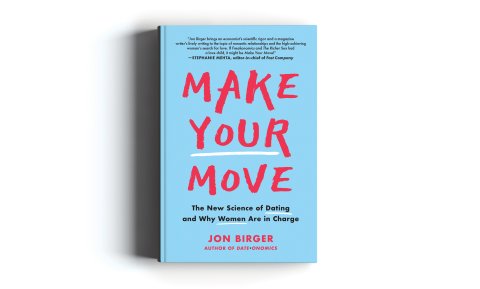
Article originally published on 02/02/21 AT 7:00 AM EST on News Week by former senior writer at Fortune and the author of Date-onomics: Jon Birger, author or Make Your Move: The New Science of Dating and Why Women Are in Charge. Birger can be reached at jonbirger.com or on Twitter at @jonbirger1.

